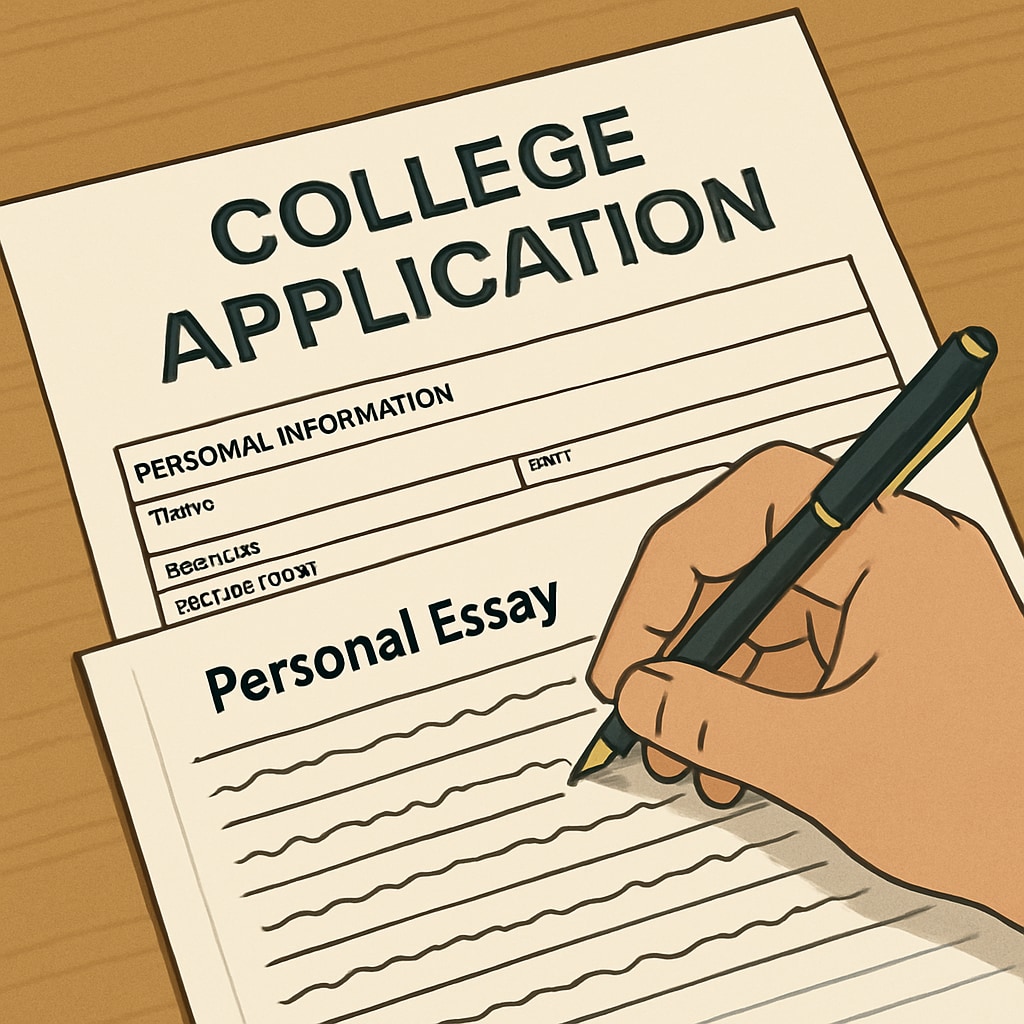When it comes to Harvard admissions standards, many students worry that a single low score in a subject could jeopardize their chances at this prestigious institution. While academic performance is undoubtedly an important factor, Harvard’s admissions process is far from rigidly focused on grades alone. Instead, the university takes a holistic approach, evaluating applicants in terms of their overall achievements, potential, and character. In this article, we’ll unpack the realities of Harvard’s evaluation process, discuss the impact of a single low score, and provide actionable strategies for students navigating such challenges.
Understanding Harvard’s Holistic Admissions Process
Harvard University is renowned for its holistic admissions process, which means that the admissions committee considers a wide range of factors beyond mere academic performance. While grades and standardized test scores are important, they are only one piece of the puzzle. Harvard places great emphasis on extracurricular activities, leadership qualities, personal essays, and recommendations. These elements help the committee form a complete picture of the applicant and evaluate their potential to contribute to the university community.
For example, Harvard values intellectual curiosity, resilience, and a willingness to take on challenges. A student with a single low score in a subject can still stand out if they have demonstrated exceptional strengths in other areas, such as excelling in extracurricular activities or pursuing unique personal projects. In fact, according to Harvard Admissions, the university seeks students who “bring a wide variety of talents, interests, and perspectives.”

Does a Single Low Score Really Matter?
One of the most common concerns students have is whether a single low score will automatically disqualify them from being admitted to Harvard. The good news is that it likely won’t. Admissions officers understand that no student is perfect, and they often contextualize grades within the broader narrative of the application. For example, if the low score occurred during a particularly challenging period in the student’s life—such as a family crisis or health issue—providing an explanation in the application can help mitigate its impact.
Moreover, a low score in a non-core subject or one that is unrelated to the student’s intended field of study may weigh less heavily than a low score in a foundational subject. For instance, a prospective humanities major with a low score in calculus might not face the same scrutiny as a prospective engineering major with the same grade. However, it’s essential for students to showcase their strengths and achievements in other areas to offset any academic weaknesses.

Should You Retake a Course or Focus on Other Strengths?
Faced with a low score, many students wonder whether they should retake the course in question or focus their efforts elsewhere. The answer depends on the context of the low score and the student’s overall academic goals:
- Retake the Course: If the low score is in a core or prerequisite subject, particularly one related to the student’s intended major, retaking the course and earning a higher grade may be beneficial. This demonstrates perseverance and a commitment to improvement.
- Focus on Other Strengths: If the low score is isolated and not indicative of a broader academic weakness, it may be more effective to channel energy into excelling in other areas, such as advanced coursework, research projects, or community initiatives.
Ultimately, students should consider how their overall academic narrative aligns with their goals and how they can best present themselves as well-rounded and motivated individuals.
Long-Term Strategies for Academic and Personal Growth
Regardless of whether a student chooses to address a low score directly or focus on other strengths, developing a long-term strategy is essential. Here are some tips to ensure success:
- Maintain a Growth Mindset: View challenges as opportunities to learn and grow. A single low score is not a reflection of your capabilities but rather a chance to demonstrate resilience.
- Seek Feedback: Consult with teachers, mentors, or counselors to identify areas for improvement and create a plan for academic success.
- Highlight Unique Qualities: Use your application to showcase what sets you apart, whether it’s a passion project, leadership role, or community involvement.
- Write Thoughtfully: Use personal essays to provide context for any academic challenges and to highlight your strengths and aspirations.
- Balance Academics and Extracurriculars: A strong balance between academic rigor and extracurricular engagement can make your application stand out.
By taking a proactive approach and focusing on growth, students can turn perceived setbacks into opportunities for personal and academic development.
Final Thoughts
While a single low score may feel like a significant hurdle, it is rarely the sole factor determining the outcome of a Harvard application. The university’s focus on holistic education and comprehensive evaluation means that students have the opportunity to present themselves as more than just their grades. By understanding Harvard’s admissions philosophy, addressing weaknesses, and emphasizing strengths, students can position themselves as competitive applicants and pursue their academic dreams with confidence.
For additional insights into Harvard’s admissions process, visit Harvard University on Wikipedia.
Readability guidance: This article uses short paragraphs, includes bullet points and numbered lists for clarity, and incorporates transition words to enhance flow. Active voice is used predominantly, ensuring accessibility for a wide audience.


